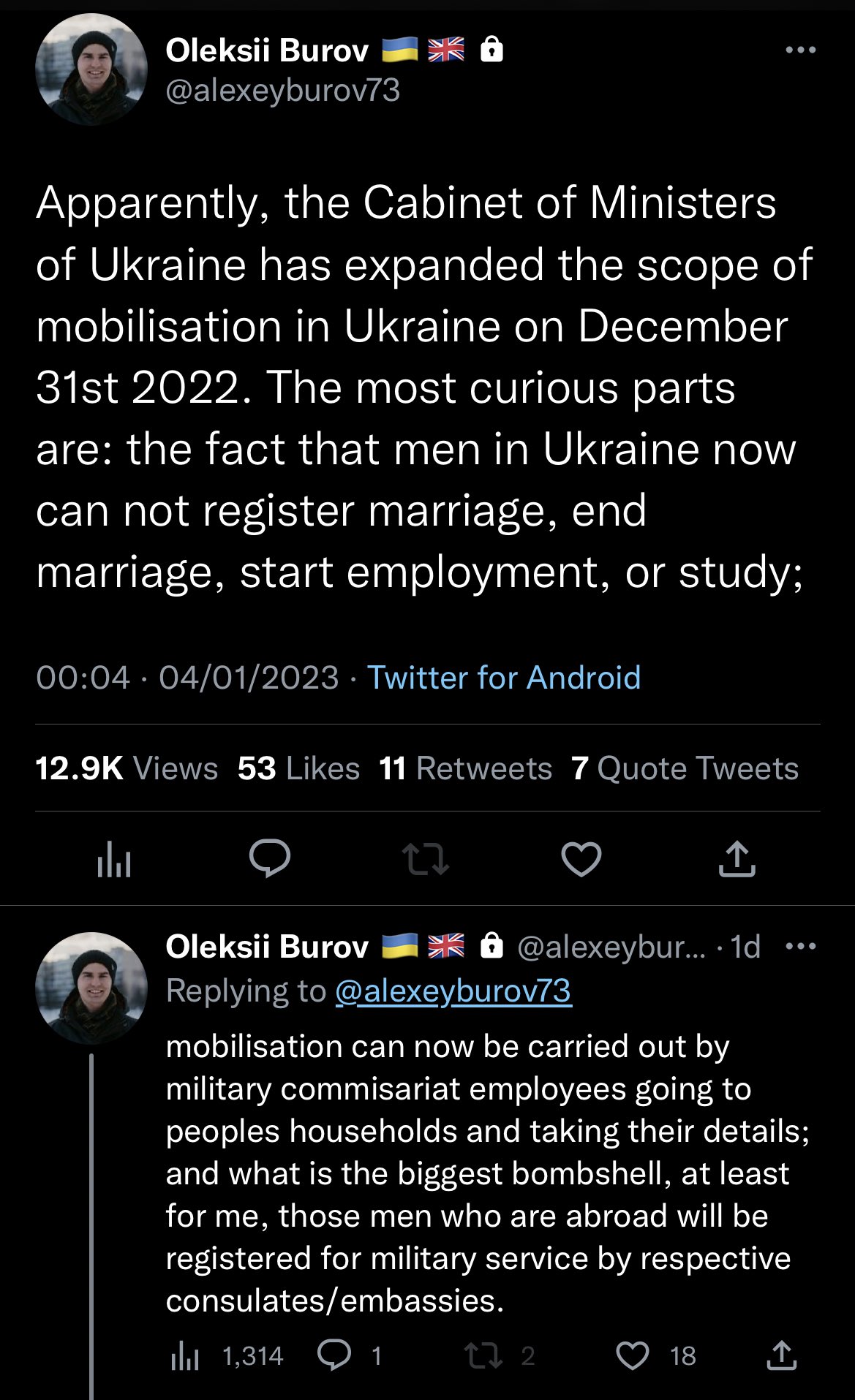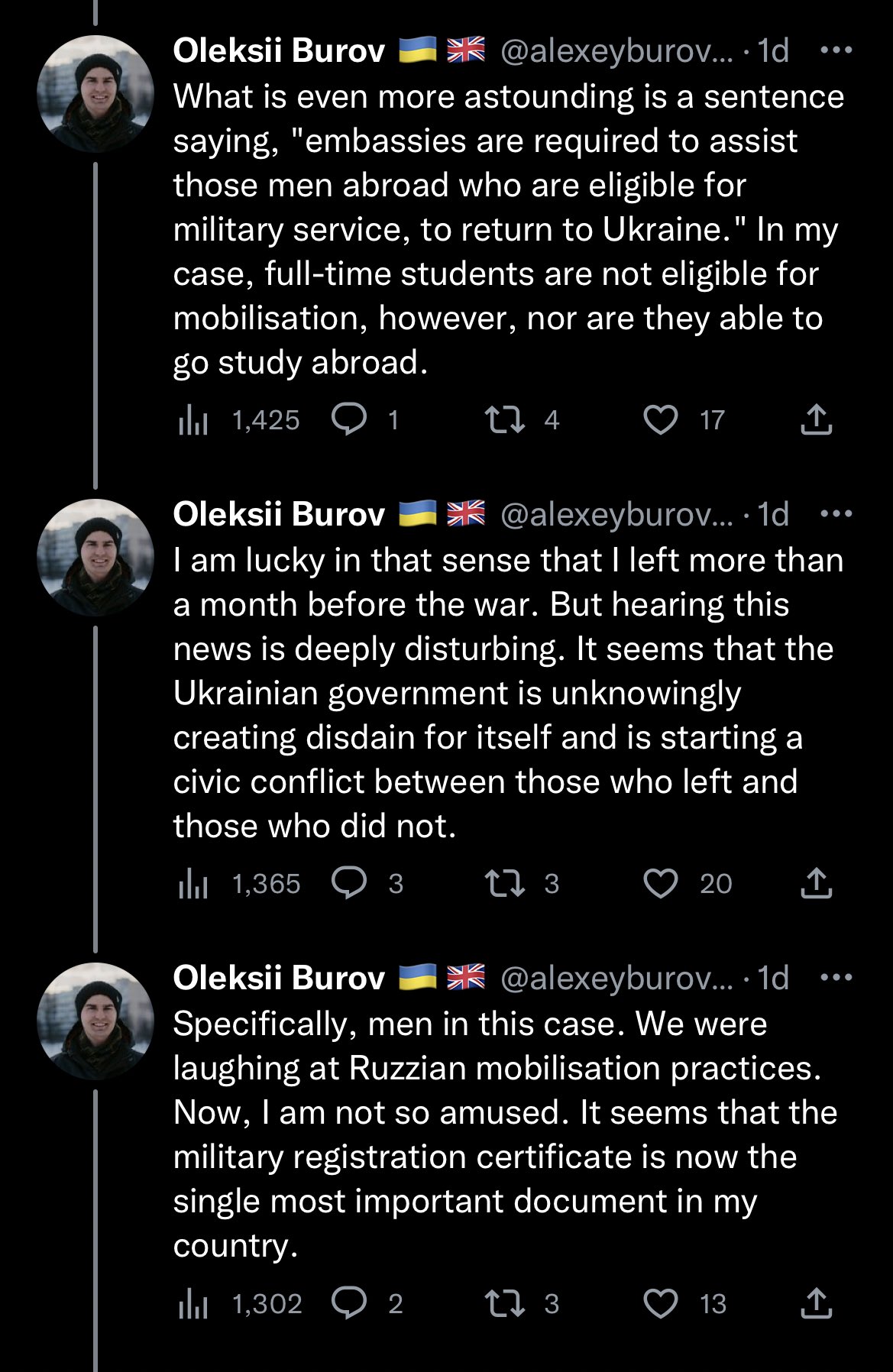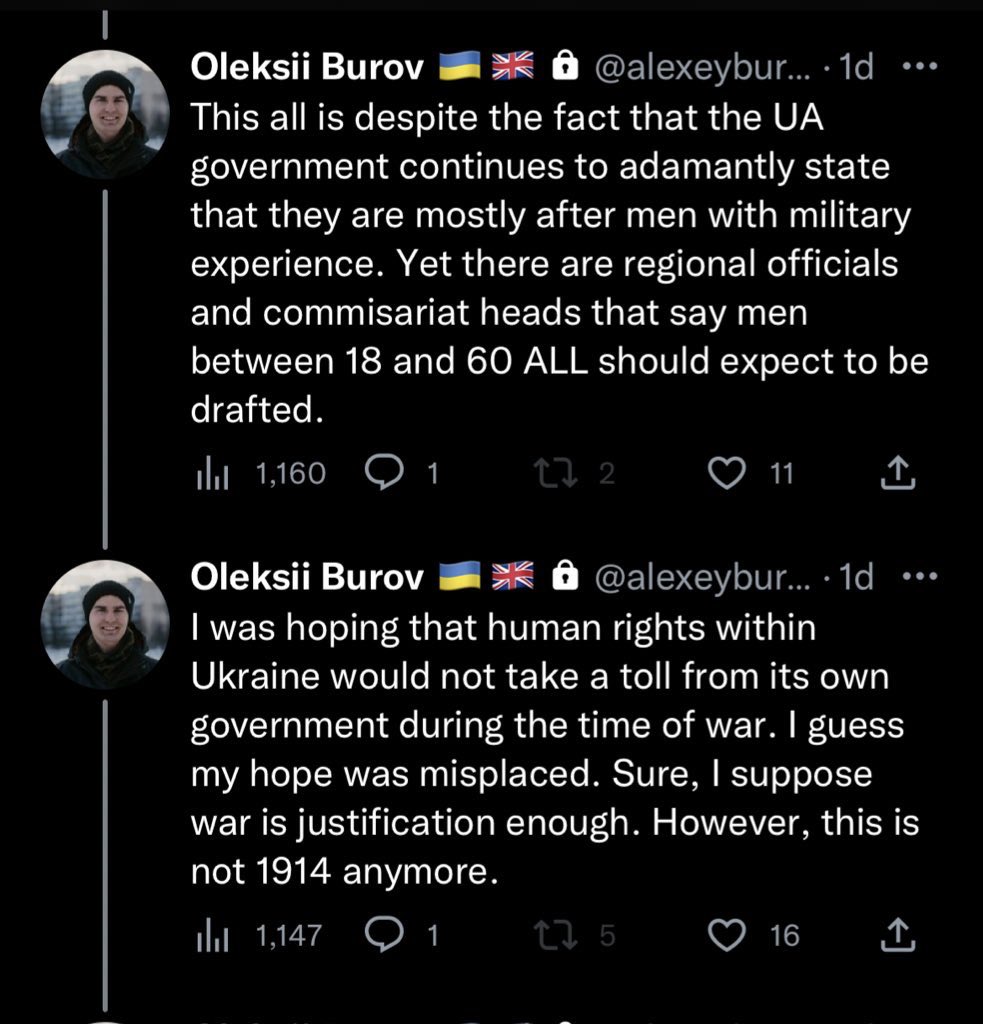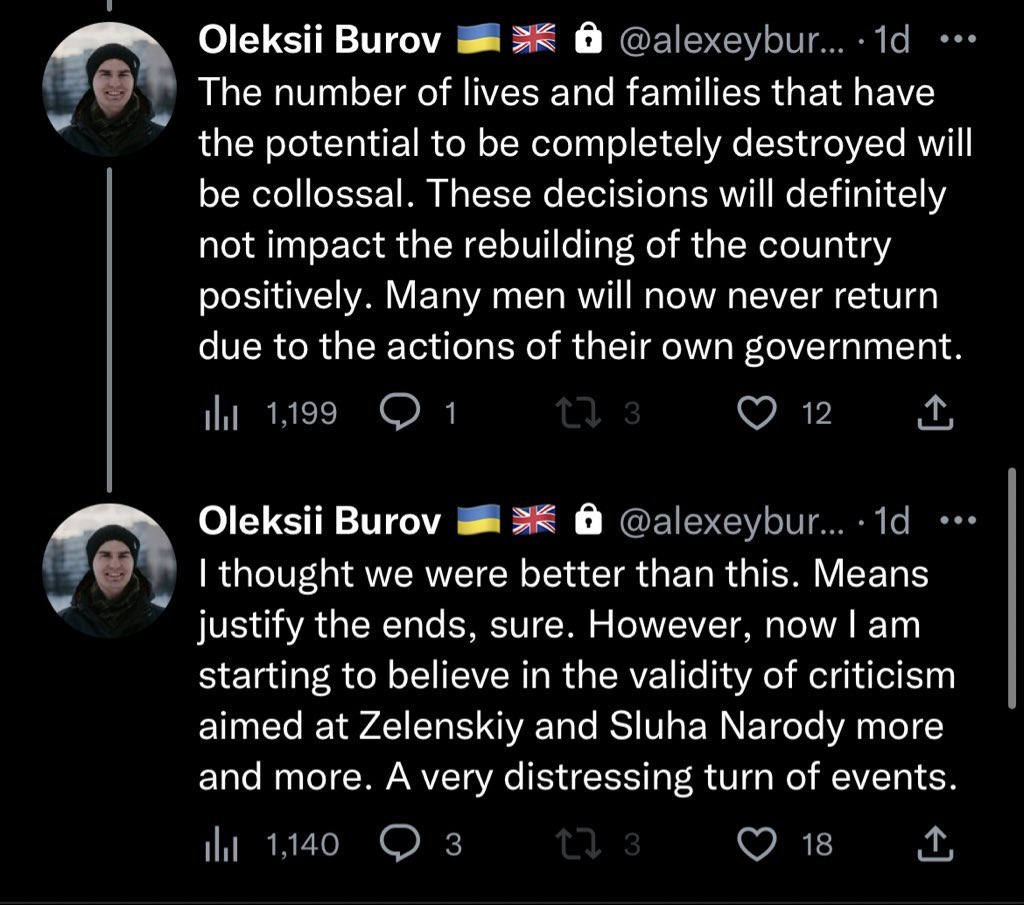Wikipedia: "He played a significant role on the battlefield in the 1990-91 Gulf War and the 1999 NATO bombing of Yugoslavia. His 1997 book Breaking the Phalanx established him as an influential if unconventional theorist of military strategy. His thinking contributed to the US strategy in its 2003 invasion of Iraq."
West Point (B.S.)
University of Virginia (Ph.D.)
"Macgregor was the "squadron operations officer who essentially directed the Battle of 73 Easting" during the Gulf War.[3] Facing an Iraqi Republican Guard opponent, he led a contingent consisting of 19 tanks, 26 Bradley Fighting Vehicles and 4 M1064 mortar carriers through the sandstorm to the 73 Easting at roughly 16:18 hours on 26 February 1991 *** destroyed almost 70 Iraqi armored vehicles with no U.S. casualties in a 23-minute span of the battle.[3] *** He was at the front of the formation in the center with Eagle Troop on the right and Ghost Troop on the left...."
"At a November 1993 exercise at the Army's National Training Center (NTC) at Fort Irwin, Lt. Col. Macgregor's unit vastly outperformed its peers against the "Opposition Force (OPFOR)." The series of five battles usually end in four losses and a draw for the visiting units; his unit won three, lost one, and drew one.[3] Macgregor's unit dispersed widely, took unconventional risks, and anticipated enemy movements."
"Macgregor was "one of the Army's leading thinkers on innovation", according to journalist Thomas E. Ricks.[5] He "became prominent inside the Army" when his book Breaking the Phalanx was published in 1997, arguing for radical reforms.[5] Breaking the Phalanx was rare in that an active duty military author was challenging the status quo with detailed reform proposals for the reorganization of U.S. Army ground forces...."
The Patton Problem? "Many of Macgregor's colleagues thought his unconventional thinking may have harmed his chances for promotion.[3] While an Army NTC official called him "the best war fighter the Army has got," colleagues of Macgregor were concerned that "the Army is showing it prefers generals who are good at bureaucratic gamesmanship to ones who can think innovatively on the battlefield."[3] Macgregor was also seen as blunt, and to some, arrogant...."
"Macgregor was the top planner for General Wesley Clark, the military commander of NATO, for its 1999 attack on Serbia."
Post Military Career
"] In 2014, he stated that U.S. Army is designed to benefit four-star generals, not brigade readiness."
[Hence 40 4-star Generals and Admirals?]
"In 2019, Lieutenant General Aviv Kochavi, Chief of the Israeli Defense Force (IDF) General Staff made MacGregor's 2003 book, Transformation under Fire, required reading for all officers in the rank of Lieutenant Colonel and above. On February 17, 2020, Macgregor traveled to Israel as a guest of the IDF Chief of Staff to meet with the IDF General Staff, and many of his senior officers to discuss General Kohavi's ongoing initiative to transform the IDF for future warfighting missions in the 21st century."
Critics say he is pro-Russian, anti-Muslim, racist, etc. He has blamed George Soros for some of our problems, and believes in protecting the southern border. Not a proponent for affirmative action in the military.
https://en.wikipedia.org/wiki/Douglas_Macgregor 









